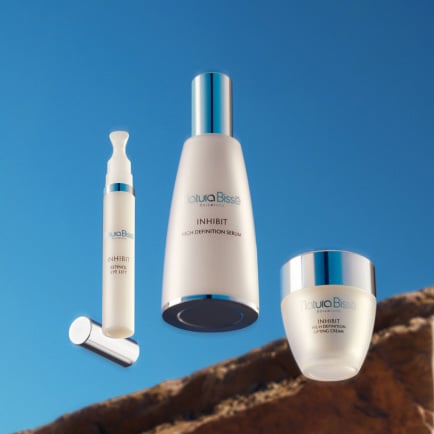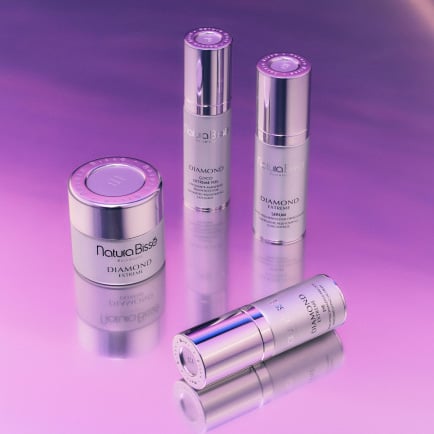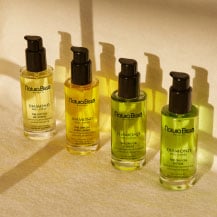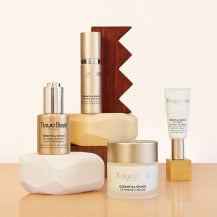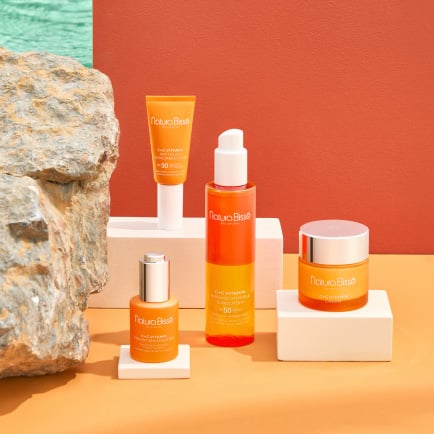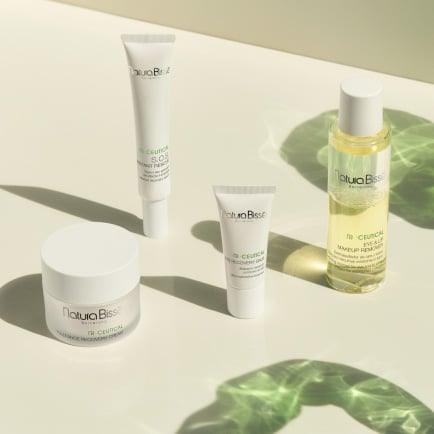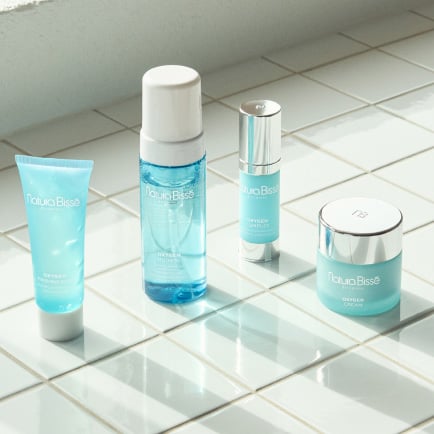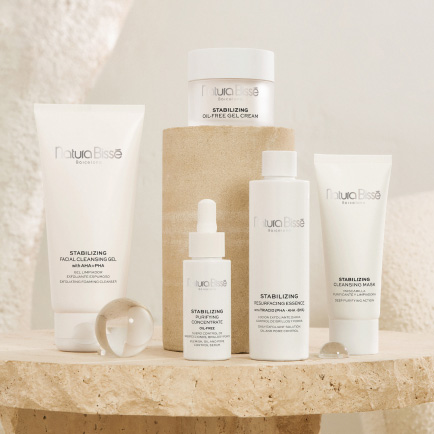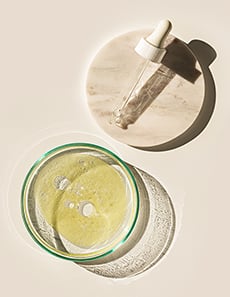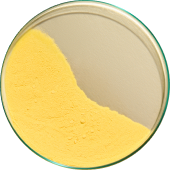
What does retinol do for your skin?
A quick guide to everything you need to know
Often called the gold standard in anti-aging by beauty industry experts and dermatologists, retinol is a well-known skincare ingredient. But it is also surrounded by a great many myths and lots of confusion. So how does retinol work on your skin? What can this anti-aging ingredient do for your complexion? And how can you incorporate retinol into your skincare routine? Read our expert guide and find out all about this magical beauty ally!
Retinol 101
First things first. From the retinoid family, retinol is the specific form of vitamin A that is most widely used in skin care. Once absorbed into the skin, it converts into retinoic acid, and thus begins the transformation of your complexion!
Retinol vs Retinoids
Another definition of retinol could be the over-the-counter version of retinoids. Unlike retinol, retinoids do not need to convert into retinoic acid. This means that retinoids are more potent, but it makes them less safe and less well-tolerated by the skin, so they need to be prescribed by a dermatologist.
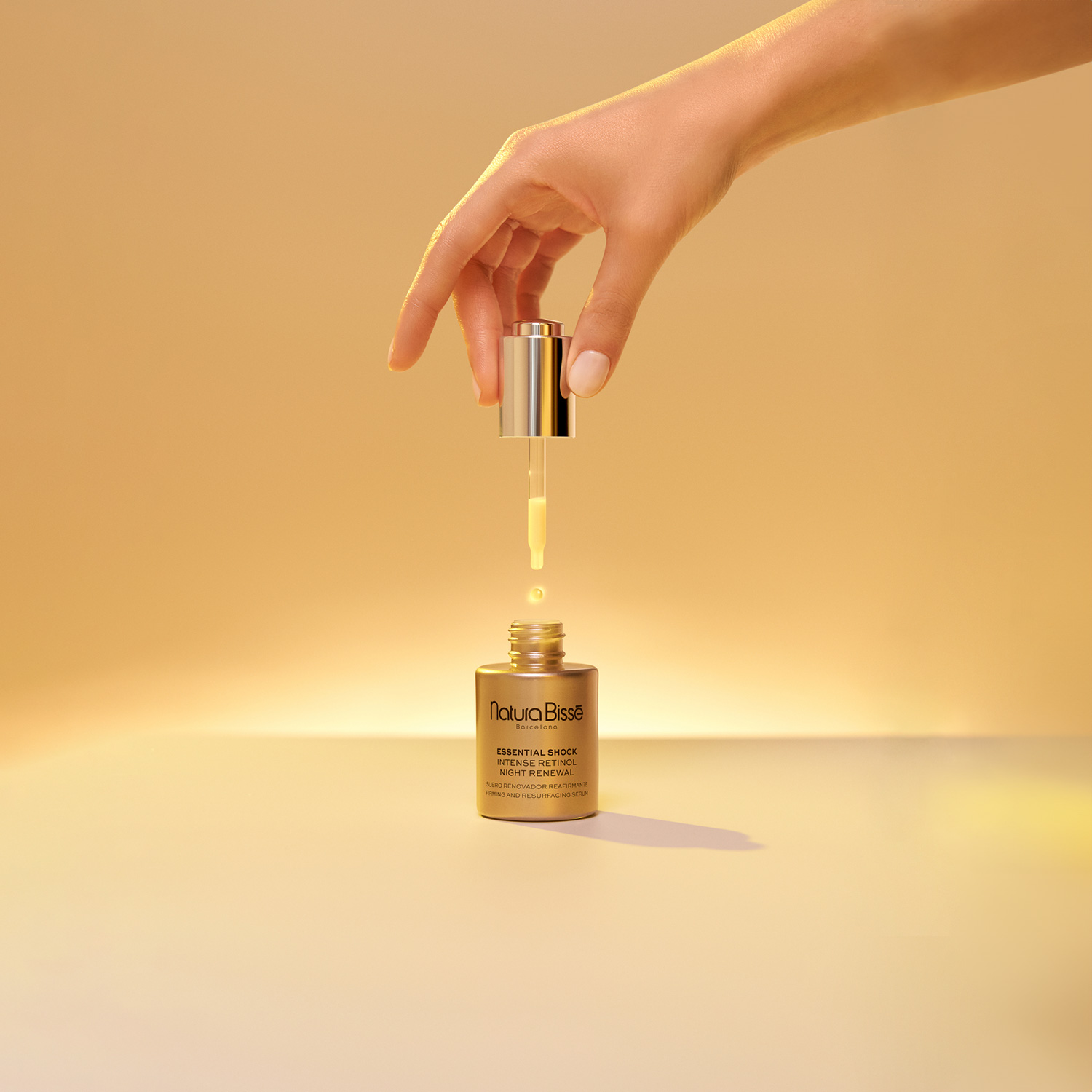
From sebum-regulating active agent to anti-aging hero
Now the question is, does retinol live up to the hype? Retinol was initially used as a treatment for acne since it promotes skin renewal, but multiple studies1 have demonstrated its impressive anti-aging benefits. How does this rejuvenating ingredient improve your skin?
- Enhances collagen-depleted skin2 as it firms and minimizes the appearance of wrinkles.
- Brightens and reduces the look of dark spots and evens out skin tone.
- Renews the surface of the skin to smooth texture and diminish blemishes, pores, and blackheads.
Debunking the myth: is retinol aggressive?
Retinol has a reputation for being harsh on your skin because it can sometimes result in dryness, redness, and peeling. However, this is usually only during the adaptation period, known as retinization. That's why retinol should be introduced gradually into our skincare routine, using it on alternate nights.
PRO TIP: If you have sensitive skin, ask your professional aesthetician or beauty advisor what concentration is most suitable for you. During the first week of use, apply it two nights per week, leaving two or three days between applications.
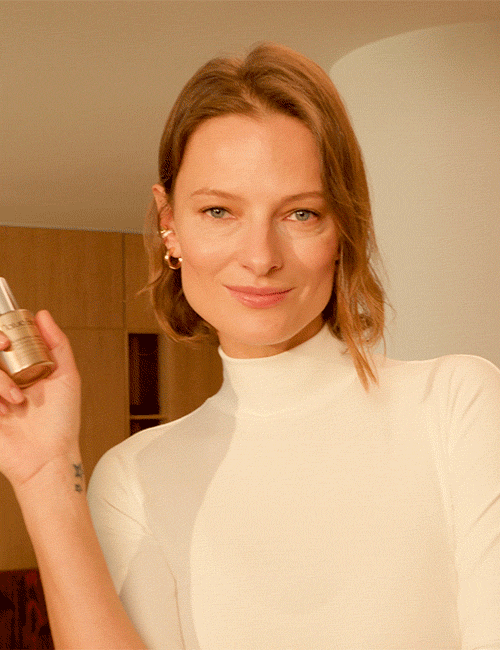
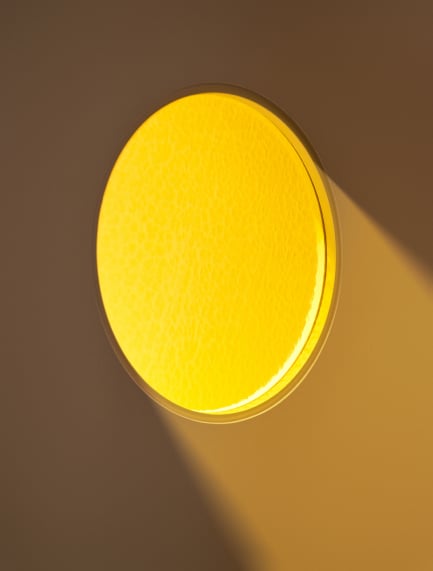
Retinol and sunlight? Yes, just not at the same time!
Retinol is a photosensitizing ingredient, which means it can cause a skin reaction when the treated area is exposed to the sun. But don't be afraid! All Natura Bissé retinol products are indicated for nighttime use only. And remember that in the morning you must always, always, always apply sunscreen.
Friends and foes
One of the most common questions that our experts receive is which ingredients can be combined with retinol. You can find out here how to use it with vitamin C or hyaluronic acid, among others. However, as a general rule and at the appropriate concentration, it can be used with all skincare ingredients except for retinoids and other compounds prescribed by a dermatologist, such as benzoyl peroxide.
Our best skincare products with retinol
Discover this hero ingredient in different formats:
Sources
1 - Mukherjee, Siddharth et al. “Retinoids in the treatment of skin aging: an overview of clinical efficacy and safety.” Clinical interventions in aging vol. 1,4 (2006): 327-48. doi:10.2147/ciia.2006.1.4.327. Available at: https://www.ncbi.nlm.nih.gov/pmc/articles/PMC2699641/
2 - Zasada M, Budzisz E. “Retinoids: active molecules influencing skin structure formation in cosmetic and dermatological treatments”. Postepy Dermatol Alergol. 2019 Aug;36(4):392-397. doi: 10.5114/ada.2019.87443. Epub 2019 Aug 30. PMID: 31616211; PMCID: PMC6791161. Available at: https://www.ncbi.nlm.nih.gov/pmc/articles/PMC6791161/#:~:text=Retinol%20stimulates%20fibroblasts%20to%20synthesize,of%20elastin%20fibres%20%5B14%5D.


